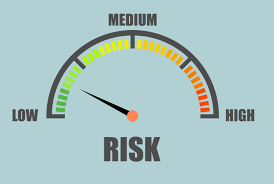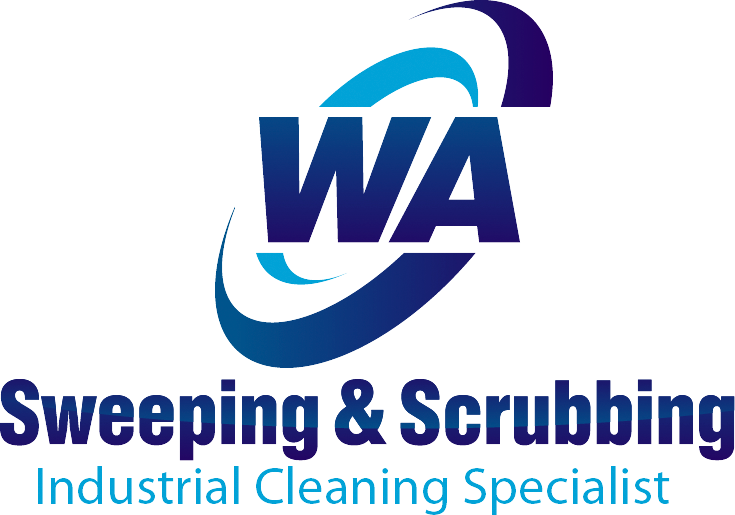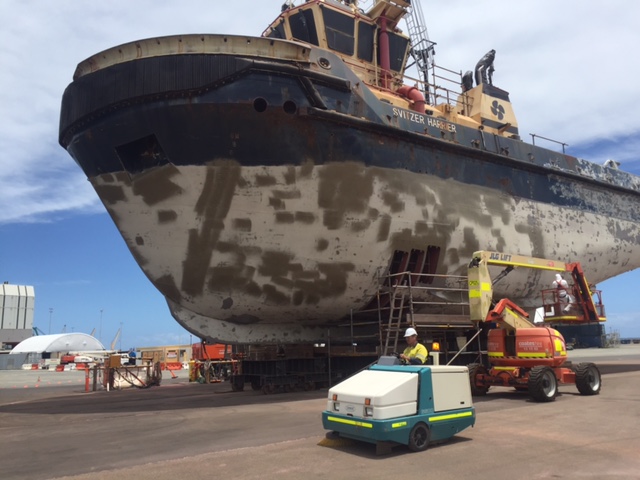Whatever the industry in which your business operates, you should always have a response plan for when emergencies happen. Part of this emergency management plan should include spill response, covering both hazardous and non-hazardous spills.
You have a responsibility to ensure that you have a plan in place and that you review and update your emergency management plan regularly. Some of the top reasons to make this a priority include the following;
1. A Show of Commitment To Health And Safety
Prioritizing your preparedness for emergencies and ensuring that you have a solid plan to countermeasure any potential risks demonstrates a commitment to the health and safety of not only your employees but also the larger community.
Employees getting hurt and their health, both physical and emotional, being at jeopardy in the aftermath of an emergency situation, becomes something of the past. You have a responsibility to ensure that everyone is well taken care of in such an event.
Your staff will see this demonstrated commitment to their safety for what it is, which is that you value them. For this, you will be rewarded with better productivity as a result of the improved employee morale and a sense of pride.
2. A Commitment to Environmental Protection
With spill response, for example, you must ensure that every step of the process right from containment, clean up and decontamination, to the final waste disposal does not have a negative impact on the environment.
This means doing everything, including making sure that you respond in time to using eco-friendly products and processes in the response plan.
3. Compliance to Regulatory Standards
Non-compliance to set regulatory standards will attract hefty fines and penalties, such as mandatory shutdowns. Again, if your non-compliance becomes a matter of public knowledge, it shouldn’t surprise you that customers and potential investors alike will shy away from doing business with your company. These will, no doubt, affect your business, and you should make every effort to avoid them.
As you develop and review your emergency response plans, you should refer back to the laid-out regulations, identify where your plans may be coming up short and work on updating the plans to align with industry-specific regulations.
In-house or outsourced, you should have someone who is fully conversant with the regulations and understands the compliance requirements on your team.
4. Reduce Incidents Through Risk Assessment
 Risk assessment is a crucial component of any emergency response plan. If you can identify and classify potential risks depending on the level of risk and the impact that they will have. The next step is then to identify the measures that you can take to eliminate, or at the very least, minimize the potential for incidence. You should always prepared for any eventualities, which is why plans should be in place to reduce the impact that may accompany such an incident.
Risk assessment is a crucial component of any emergency response plan. If you can identify and classify potential risks depending on the level of risk and the impact that they will have. The next step is then to identify the measures that you can take to eliminate, or at the very least, minimize the potential for incidence. You should always prepared for any eventualities, which is why plans should be in place to reduce the impact that may accompany such an incident.
After identifying all potential risks, you can achieve reducing incidents through, among other things, updating your safety processes and training your employees on the best practices.
5. Reduce Downtime
Operational downtime is quite common following an emergency. A good emergency response plan will prove invaluable in ensuring that you can avoid this downtime altogether, or keep it to the very minimum.
Every minute your production lines are not running and your team not working, your business loses money. Avoidable downtime, and particularly those that may extend for unnecessarily long, will only affect your bottom line.
6. Reduce Costs
There is more to cost saving than just avoiding the fines imposed on non-compliance and the far-reaching costs of downtime.
Sustained response efforts following hazardous spills and other such incidents cost quite a bit. Remediation, after the fact, can be quite expensive compared to preventive measures. It is, therefore, vital to review your emergency plans, placing emphasis on prevention. Where prevention doesn’t work, there should be plans for remediation in the most cost-effective way.
How do you handle spills and other emergencies? That your emergency response processes and procedures are outdated may very well be the reason that they are not as effective as they should be. It is, therefore, necessary to continuously review and update your plan on a regular basis.
With a current and up-to-date plan in place, you can look forward to enjoying the benefits highlighted and more. There is always more that you can do, and with the input from the experts, you can ensure that you have the best possible plan to suit your organization’s needs without having to break the bank while at it.

